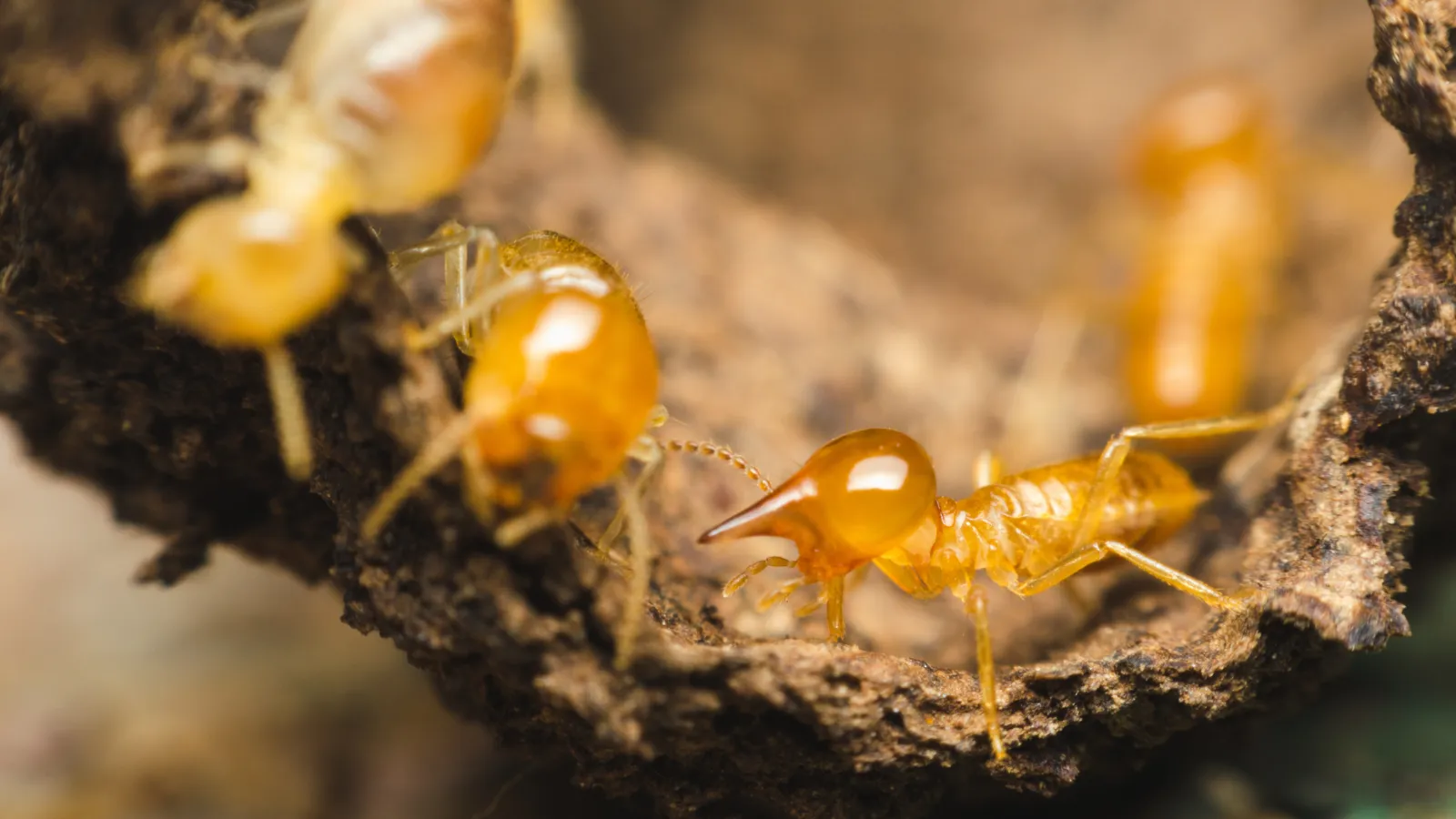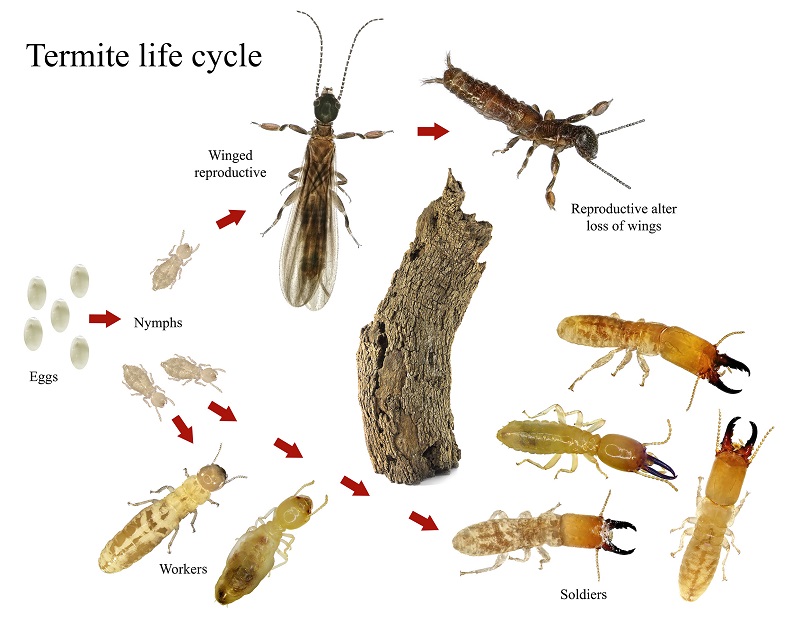Reliable Ant Control: Expert Services to Get Rid Of Ant Infestations
Reliable Ant Control: Expert Services to Get Rid Of Ant Infestations
Blog Article
Ecological Impact of Bug Control: Balancing Efficiency With Sustainability
The environmental impact of bug control is a crucial concern that needs a fragile balance in between attaining effectiveness in managing bugs and making sure sustainability of our communities. As we make every effort to protect our plants, homes, and wellness from the risks positioned by parasites, the techniques we employ can accidentally hurt the setting. From using hazardous chemicals that leak right into our dirt and water to the unexpected repercussions on non-target varieties, the repercussions of conventional insect control methods are significant. Nevertheless, there are arising strategies that provide hope for an extra lasting strategy to pest management. These options not only aim to resolve the prompt pest issues but also think about the long-term health and wellness of our world.
Dangerous Chemicals in Bug Control
The usage of damaging chemicals in parasite control postures considerable environmental and wellness risks that call for cautious consideration and reduction strategies. Herbicides, chemicals, and insecticides are frequently used to remove pests, yet their extensive application can bring about unexpected effects. These chemicals can infect soil, water resources, and the air, influencing not just the targeted bugs however also helpful insects, wild animals, and people.

To resolve these threats, incorporated pest monitoring (IPM) techniques are being advertised as a much more lasting alternative. IPM entails a combination of techniques such as biological control, environment manipulation, and the targeted use pesticides as a last hope (ant control indian trail nc). By taking on an all natural method to pest control, we can lessen the ecological and health and wellness impacts connected with harmful chemicals while efficiently taking care of pest populaces
Effect On Non-Target Variety
Taking into consideration the unintended repercussions of insect control methods, the effect on non-target varieties is an essential element that needs complete examination. While parasite control procedures aim to target certain insects, various other organisms in the ecosystem might be inadvertently influenced. Non-target types, consisting of helpful pests, birds, mammals, and even plants, can suffer indirect or direct injury from pesticide applications or biological control approaches.
Chemicals can have sub-lethal or dangerous impacts on non-target types. Insecticides developed to combat a certain insect bug may damage pollinators like or natural killers such as ladybugs. In addition, chemical residues can accumulate in the environment, influencing non-target microorganisms gradually. In a similar way, organic control representatives, if not species-specific, can present threats to unplanned targets, interfering with the environmental balance.
To minimize the influence on non-target varieties, incorporated bug administration (IPM) methods that highlight an all natural approach to pest control are recommended. These methods prioritize making use of environmentally pleasant techniques, minimizing injury to helpful organisms while efficiently handling pest populaces. Carrying out complete threat analyses and keeping an eye on the outcomes of bug control efforts are necessary actions in safeguarding non-target types and promoting overall ecosystem wellness.
Soil and Water Contamination
Unexpected ecological consequences of pest control techniques extend beyond affecting non-target species, with significant ramifications for soil and water contamination - ant control. Chemicals, herbicides, and chemical fertilizers utilized in bug control can seep right into the dirt and infect groundwater, posturing a hazard to both water and earthbound environments.
Water contamination is one more critical issue linked with bug control techniques. Drainage from farming fields treated with chemicals can carry these chemicals into close-by water bodies, influencing aquatic microorganisms and water high quality. Pollutants in water sources can have far-ranging repercussions, impacting not just marine life however additionally human health and wellness through the usage of polluted water or water organisms. To minimize dirt and water contamination from parasite control tasks, incorporated insect monitoring methods that click over here now prioritize sustainability and reduce chemical inputs are essential.
Air Pollution From Pesticide Usage
Direct exposure to airborne pesticides during agricultural applications positions a significant problem for air contamination control actions. They can volatilize right into the air and kind unstable natural substances (VOCs) and other air-borne toxins when chemicals are sprayed onto crops - ant control. These chemicals can contribute to the development of ground-level ozone, a significant part of smoke that can have harmful effects on human wellness, plant productivity, and overall air quality. Furthermore, pesticide drift, where pesticides are lugged by the wind to unintended locations, can bring about the contamination of nearby ecological communities and water bodies.

Techniques for Sustainable Bug Control
In the world of agricultural methods, carrying out lasting pest control approaches is extremely important for keeping eco-friendly balance and safeguarding crop yields. Lasting parasite control highlights using eco-friendly approaches to manage bug populations efficiently while minimizing damage to non-target organisms and communities. Integrated Parasite Management (IPM) is a widely taken on method that integrates biological, cultural, physical, and chemical control techniques to accomplish long-term insect management solutions.
Plant rotation and diversification are likewise effective strategies to interfere with pest life cycles and create much less favorable problems for bugs to grow. Ultimately, by integrating these lasting pest control methods, farmers can achieve a balance between pest management efficiency and environmental stewardship.
Final Thought
Finally, the environmental effect of pest control methods must be carefully taken into consideration to balance effectiveness with sustainability. Hazardous chemicals made use of in bug control can lead to dirt and water contamination, air pollution, and harm non-target types - ant control services. It is crucial to execute sustainable bug control approaches to reduce these adverse impacts on the setting and advertise a much healthier ecological community for future generations
By adopting an alternative method to pest control, we can reduce the environmental and health and wellness effects connected with unsafe chemicals while efficiently taking care of pest populaces.

To reduce the air contamination created by chemical usage, it is important to take on incorporated parasite management methods that focus on the use of non-chemical parasite control methods, such as plant rotation, all-natural predators, and immune crop varieties. Sustainable insect control emphasizes the usage of environmentally pleasant techniques to handle parasite populations effectively while reducing damage to non-target microorganisms and communities. Integrated Insect Administration (IPM) is a commonly embraced method that combines biological, social, physical, and chemical control approaches to attain lasting parasite management solutions.
Report this page